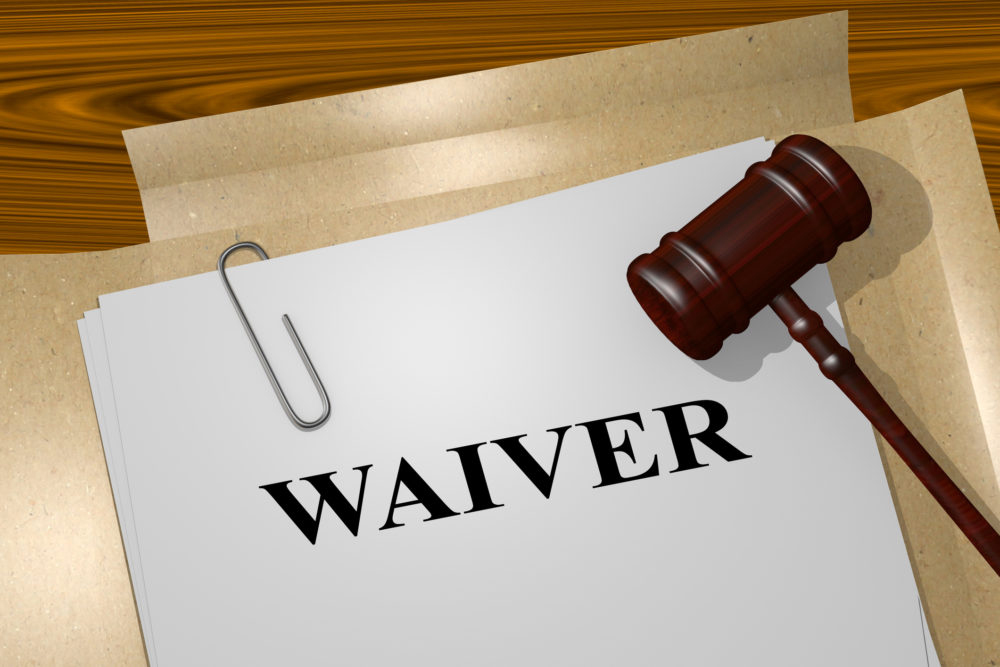
Matter of Hranka, 16 I&N Dec. 491 (BIA 1978): Examining Three Factors to Consider for 212(d)(3) Waiver
Learn from our post three factors set forth by the BIA in Matter of Hranka for adjudicating requests for 212(d)(3) waivers and temporary admission to the USA






